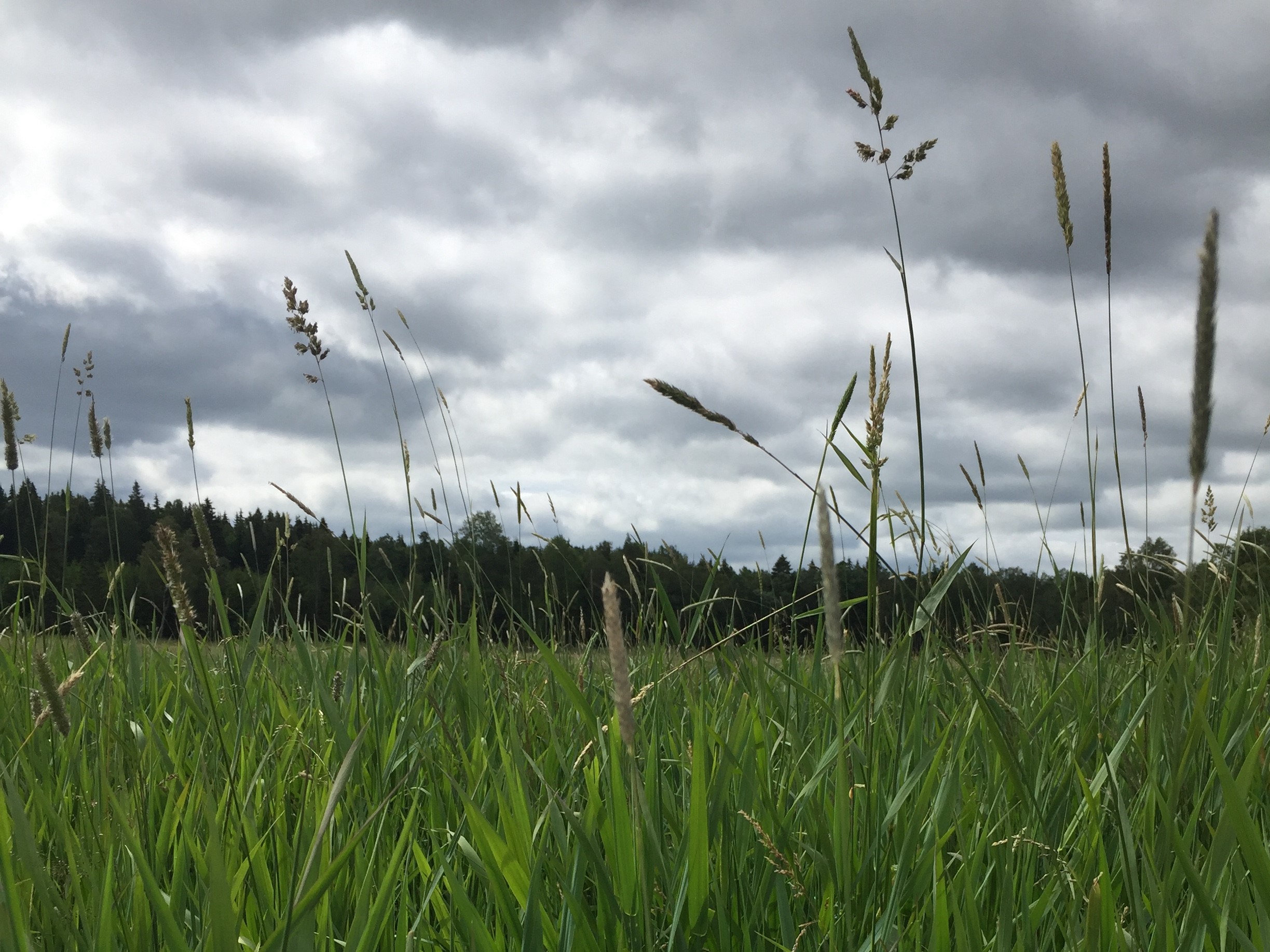Harnessing the potential of grass to benefit small rural communities
The country’s most northerly county is Norrbotten, which is bigger than Austria or Portugal yet has a population of just 250,000. Nestled in the south of Norrbotten is the tiny community of Glommersträsk – home to just 300 people and the location of a thriving business owned by 76-year-old entrepreneur Bo Lundmark. As a former telecommunications engineer, Bo was determined to start a business that would create secure, local employment for fellow residents in Glommersträsk when he formed Glommers Miljöenergi AB (www.glommersmiljoenergi.se) in 1996. As well as creating local jobs, he was keen to ensure that the business was founded on sustainable principles and used local, renewable natural resources. Today, Glommers Miljöenergi AB is a thriving business that employs six villagers, produces biofuels for the community, processes and sells a range of products from local wild berries, rents apartments, and harvests grass to be used as animal bedding. “Entrepreneurship has been in my family’s blood for generations,” said Bo. “I had farmed animals as a hobby since moving to Glommersträsk in 1975 but in 1990 I sold the animals but continued to cultivate reed canary grass and 1996 Glommers Miljöenergi was started,” said Bo. “My main aim was to create profitable local jobs based on the extraction and processing of local raw materials, but circular thinking has been an important focus from the beginning. That’s what attracted me to producing grass. “We grow reed canary grass from seed, which can be used for animal feed or bedding, depending on when it is harvested. All vegetation captures carbon and when reed canary grass is used as bedding for livestock, it also stores the carbon in the soil when the resulting manure is used as a fertiliser. “We seem to have forgotten that the cheapest way of capturing carbon is through photosynthesis.” Bo’s business has had a significant impact on the lives of his staff, particularly Sales and Site Manager, Lennart Wigenstam. As a father of ten children, family time is a big priority for Lennart and working at Glommers Miljöenergi AB for the last 13 years has enabled him to spend more time at home. Before this, he had his own business refurbishing floors which involved travelling thousands of kilometres across northern Sweden every year. “I feel very lucky to be able to work so close to home as there are very few job opportunities in this part of Northern Sweden – it’s such a vast area,” says Lennart. “One of my sons has to travel 400km every week to get to work and another son has to fly to Stockholm for his job. “This has a big impact on their lives so you can see why it’s important that more jobs are created within small rural communities like Glommersträsk. I’m also very glad to work for a local business that benefits the environment as well as the community.” Having built a flourishing and sustainable bio-based business that benefits his local community, Bo is now aiming to help other small rural communities across Europe by creating a model for his business that can be replicated. He is doing this as part of EU-funded project GO-GRASS which is developing a set of small-scale bio-based solutions to unlock the overlooked potential of grassland across Europe and create new business opportunities for rural areas. “I think it’s important to be able to share an experience in an area important for both the climate and a living countryside,” says Bo. “We believe our business model can be replicated all over Europe, for the benefit of many small rural communities. [...] To read the whole article and learn more about Bo’s motivation, business and his involvement in the European funded GO-GRASS project, visit the news section of www.go-grass.eu You can also follow our journey on Twitter (@GoGrassEU), LinkedIn (@GO-GRASS) and Instagram (@gograsseu).



